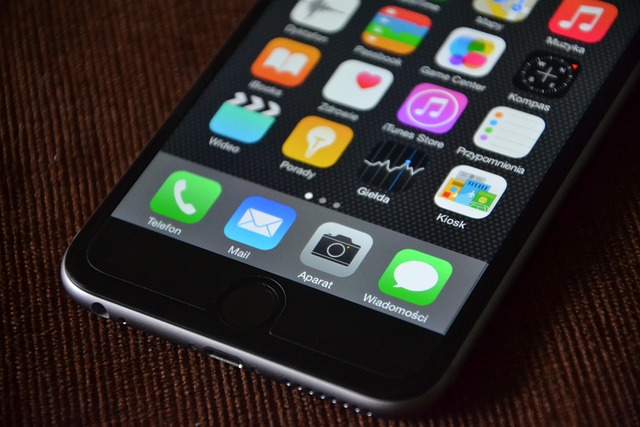
Electrolyte Imbalances
Understanding Electrolyte Imbalances
In our journey towards health and wellness, we often hear about electrolytes, those tiny but mighty minerals that play a crucial role in our body’s function. But what happens when these vital players go out of balance? Let’s dive into the world of electrolyte imbalances and discover how they impact our well-being. 🌊
What Are Electrolytes?
Electrolytes are minerals found in your blood and other bodily fluids. They include sodium, potassium, calcium, magnesium, and chloride, among others. These little wonders help regulate various bodily functions, including heart and neurological function, fluid balance, and even oxygen delivery. So, when they’re off-kilter, it can lead to some serious health issues.
Causes of Electrolyte Imbalance
Electrolyte imbalances can occur for a variety of reasons. Here are some common culprits:
- Dehydration: When your body loses more fluids than it takes in, it can lead to an imbalance. This often happens during hot weather or intense exercise.
- Illness: Conditions like vomiting, diarrhea, or fever can cause significant fluid loss, disrupting your electrolyte levels.
- Medications: Certain medications, such as diuretics, can affect electrolyte levels by increasing urine production.
- Diet: A diet lacking in essential minerals can lead to deficiencies, affecting your electrolyte balance.
Recognizing the Symptoms
It’s essential to listen to your body. Symptoms of electrolyte imbalance can vary depending on which electrolytes are affected. Common signs include:
- Muscle cramps or spasms
- Fatigue or weakness
- Confusion or irritability
- Irregular heartbeat
If you experience any of these symptoms, it’s a good idea to consult a healthcare professional.
Treatment and Prevention
Addressing an electrolyte imbalance often involves replenishing the affected minerals. Here are some gentle ways to restore balance:
- Hydration: Drink plenty of fluids, especially water, and consider electrolyte-rich beverages if you’re dehydrated.
- Diet: Incorporate foods high in electrolytes, such as bananas for potassium, dairy for calcium, and leafy greens for magnesium.
- Medical Attention: In severe cases, medical treatment may be necessary. Always consult with a healthcare provider for personalized advice.
Final Thoughts
Maintaining a proper balance of electrolytes is essential for overall health. By staying hydrated and nourishing your body with the right foods, you can help keep those vital minerals in check. Remember, your body is a beautiful orchestra, and every electrolyte plays a part in the symphony of your health! 🎶

















 Finding the Perfect Plus Size Wedding Guest Dress
Finding the Perfect Plus Size Wedding Guest Dress 
 Health
Health  Fitness
Fitness  Lifestyle
Lifestyle  Tech
Tech  Travel
Travel  Food
Food  Education
Education  Parenting
Parenting  Career & Work
Career & Work  Hobbies
Hobbies  Wellness
Wellness  Beauty
Beauty  Cars
Cars  Art
Art  Science
Science  Culture
Culture  Books
Books  Music
Music  Movies
Movies  Gaming
Gaming  Sports
Sports  Nature
Nature  Home & Garden
Home & Garden  Business & Finance
Business & Finance  Relationships
Relationships  Pets
Pets  Shopping
Shopping  Mindset & Inspiration
Mindset & Inspiration  Environment
Environment  Gadgets
Gadgets  Politics
Politics 